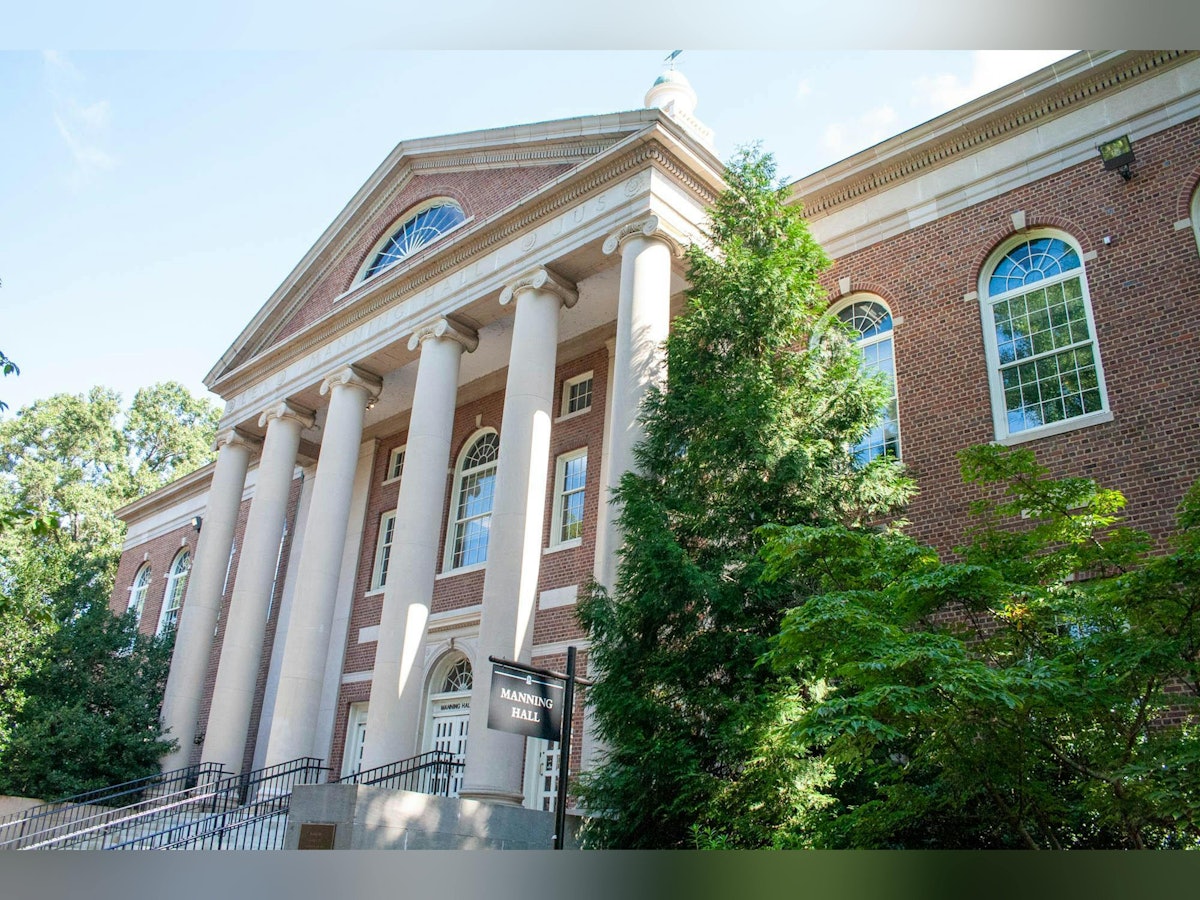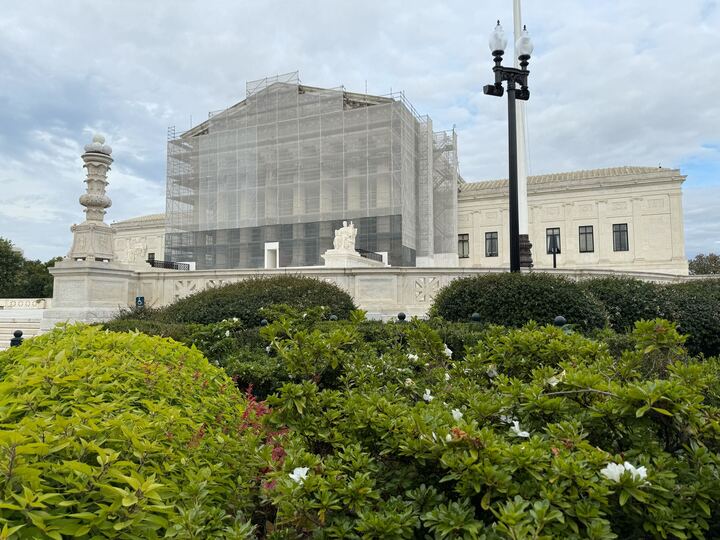Mercy has long been a hallmark of a just legal system. Judges are often given considerable leeway in determining punishment for a crime (except in cases like mandatory minimums or “three-strike” legislation) for exactly this reason. Extenuating circumstances can result in a lower punishment for some criminals than others who commit certain crimes, and so on.
Some claim that mercy is a weakness, however. They want no mercy, at least for certain crimes. So called “tough on crime” politicians, for example. The list of crimes where mercy is a weakness is long and variable: illegal immigration, pedophilia, murder, rape, treason, drug dealing, prostitution, etc. The idea is if you greatly increase the penalties (up to and including the death penalty), you get less crime. The empirical evidence of deterrence is mixed and probably not going to be resolved any time soon.
But while total effects are important, what about the mix of crimes? Could tough-on-crime legislation create a mix toward more violent crime even if the total crime rate is falling? The economic way of thinking gives us reason to think so.
Let us assume that a criminal is economically rational. That is, a criminal will only conduct a crime if the marginal benefit of the crime exceeds the marginal cost in their estimation. The marginal cost of the crime will subsequently be the expected punishment and the marginal benefit is whatever benefit the criminal gets by committing the crime. The expected punishment is the probability of getting caught times the punishment if caught. By this assumption, we can see that a tough-on-crime stance could deter petty crimes. For example, if the punishment for stealing $100 is a $10,000 fine, then even a 1.1% chance of getting caught would deter the rational criminal: marginal benefit = $100. Marginal cost = 0.011*$10,000 = $110. $110 exceeds $100, so the rational criminal would not commit the crime. At 1%, the criminal is indifferent between committing the crime and not.
If the criminal does act and is caught, they face a choice: surrender and pay the fine, or resist and get a heavier sentence. For the rational criminal, the relative cost for surrender is lower than that of arrest. He will thus surrender.
But let’s change the scenario and have an extremely tough-on-crime policy. Let’s say that the legislature, to combat crime, orders that all crimes are punishable by death. One might think such a policy would deter crime. After all, the marginal cost has dramatically increased. But I argue not necessarily; it would change the mix of crime toward violent crime, since it reduces the cost of violent crime relative to that of lesser crimes.
Let us again look at the criminal who aims to steal $100. He attempts to commit the robbery but gets caught by a police officer. The criminal now faces a choice: he can resist arrest (say, by shooting the police officer) or he can submit to arrest. If he resists, let us say there is a 10% chance he successfully escapes. Under the tough-on-crime policy currently in place in this hypothetical, it is rational for the robber to resist arrest. Let us see why:
Option 1: Submit to arrest
Marginal benefit: none
Marginal cost: 100% chance of death
Result: 100% chance of death
Option 2: Resist arrest
Marginal benefit: 10% chance of escape
Marginal cost: none
Result: 90% chance of death
Option 2 is the better option here for our criminal. In the first option, he will die. No ifs, ands, or buts. In the second option, he has at least some chance of survival. The cost of resisting relative to surrender has fallen when compared to the pre-tough-on-crime policy. There is no marginal cost to the criminal as he faces certain death if he surrenders. So, paradoxically, the tough-on-crime policy could encourage violent crime by reducing its relative cost.
So, from an economic perspective, there is a case to be made for mercy. Mercy lowers the cost of surrender relative to resistance, encouraging more criminals to peacefully surrender. Conversely, a tough-on-crime policy regime increases the cost of surrender relative to resistance. Those poor people who are detected and caught are doomed; fighting their way out is the cheaper option now.
A tough-on-crime policy could reduce the total number of crimes committed. On the margin, committing petty crimes is cheaper when compared to committing no crimes. But once a crime is committed, the choice calculus changes to encourage more violent behavior. A merciful policy could result in more crimes in total, but the mix would be less violent as the options to resist or commit more violent crimes are more expensive. From an economic perspective, mercy is a good thing. Thus, we are left with the question: is it better to have a (relatively) small number of violent crimes or a (relatively) large number of petty crimes?
PS, there is a Japanese anime that deals with these issues called Psycho-Pass. The basic plot is that a government system judges people’s “crime coefficients,” or how likely they are to commit crimes. They are arrested, or if their crime coefficient is sufficiently high, executed even without committing a crime and without a trial. In the first episode, a man with no criminal record is determined to have a high crime coefficient, so his arrest is ordered. The man realizes this and decides to kidnap and attempt to rape a woman because he is going to jail either way. In this case, the system designed to reduce criminality ended up increasing it.




























